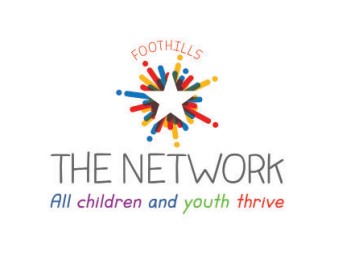3 Years

Below is a list of developmental milestones that children typically reach at the end of 3 years of age. Review them with your child’s healthcare professional and talk about what to expect next.
MOVEMENT & PHYSICAL DEVELOPMENT
- Climbs well
- Runs easily
- Pedals a tricycle (3-wheel bike)
COGNITIVE (LEARNING, THINKING, PROBLEM SOLVING)
- Can work toys with buttons, leavers, and moving parts
- Plays pretend with dolls, animals, and people
- Does puzzles with 3 or 4 pieces
- Understands what "two" means
- Copies a circle with pencil of crayon
- Turns book pages one at a time
- Builders towers of more than six blocks
- Screws and unscrews jar lids or turns door handle
SOCIAL & EMOTIONAL
- Copies adults and friends
- Shows affection for friends without prompting
- Takes turns in games
- Shows concern for a crying friend
- Understands the idea of "mine" and "his" or "hers"
- Shows a wide range of emotions
- Separates easily from mom and dad
- May get upset with major changes in routine
- Dresses and undresses self
LANGUAGE & COMMUNICATION
- Follows instructions with 2 or 3 steps
- Can name most familiar things
- Understands words like "in", "on", and "under"
- Says first name, age, and gender
- Names a friend
- Says words like "I", "me", "we", and "you" and some plurals (cars, dogs, cats)
- Talks well enough for strangers to understand most of the time
- Carries on a conversation using 2 to 3 sentences
What You Can Do With Your 3-Year-Old
You can help your child learn and grow. Talk, read, sing, and play together every day. Below are some activities to enjoy with your 3-year-old child today.
Ask For Help if Your Child...
- Falls down a lot or has trouble with stairs
- Drools or has very unclear speech
- Can’t work simple toys (such as peg boards, simple puzzles, turning handle)
- Doesn’t speak in sentences
- Doesn’t understand simple instructions
- Doesn’t play pretend or make-believe
- Doesn’t want to play with other children or with toys
- Doesn’t make eye contact
- Loses skills they once had
Tell your healthcare provider if you notice any of these signs of possible developmental delay for this age. You can also talk with someone in your community who is familiar with services for young children in your area. Try the FCWN Navigator by emailing fcwnnavigator@ahs.ca or calling 403-995- 2706.
